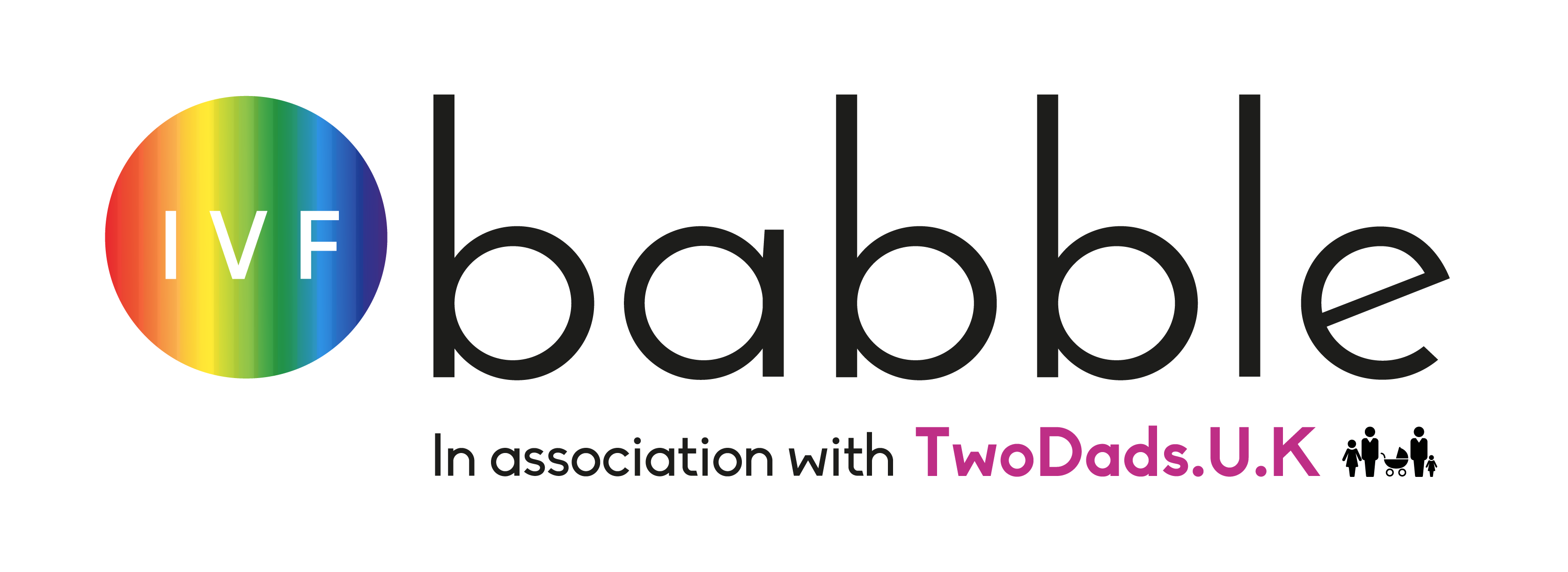As a “world first” myself I’m always fascinated by those pushing the boundaries of helping women with health issues and there have been headlines all over the world recently about a British company called ProFam
One of the people behind ProFam is Professor Simon Fishel, someone I know well as he was part of the IVF team that brought my sister Natalie into the world – she was the 40th person to be born through IVF. He was also a founder of the CARE Fertility Group.
ProFaM (which stands for Protecting Fertility and Menopause), has developed a technique for preserving thousands of human eggs in a small amount of functioning ovarian tissue.
The headlines were all about how the technique can delay the menopause for up to two decades as women will have access to the hormonal material as a natural hormone replacement therapy when they need it.
Professor Fishel has pointed out that women are living longer and as a result can be in their menopausal period for longer than they are fertile
With the menopause causing issues such as cardiovascular disease, osteoporosis, depression and urinary problems delaying it could have real health benefits.
The technique works by removing the tissue and storing it so that later in life when they hit the menopause it is available for a woman to have access to her own natural hormones.
On the fertility side of things the technique is a way of egg freezing on a grand scale as potentially thousands of eggs will be preserved. It also does not require the preparation of drugs as the eggs are kept in their natural tissue.
Like all new techniques there are those who are critical of it and it does require surgery, so it is a big decision for a woman to take on whether to have tissue removed. The preparation and storage of the tissue is undertaken at a specialised ovarian tissue bank which is a state-of-the-art sterile environment and is licensed by the Human Tissue Authority.
ProFam is also looking at using the technique for women who require surgery for other reasons, for instance when they have a cesarean section as that would be a good time to obtain the tissue and would be less expensive.
The new development came about after years of working at ways to preserve ovarian tissues for women undergoing cancer treatment and only now has its wider uses been talked about.
I don’t think it is the last we shall hear about this as technology continues to develop.
To learn more about ProFam visit here








